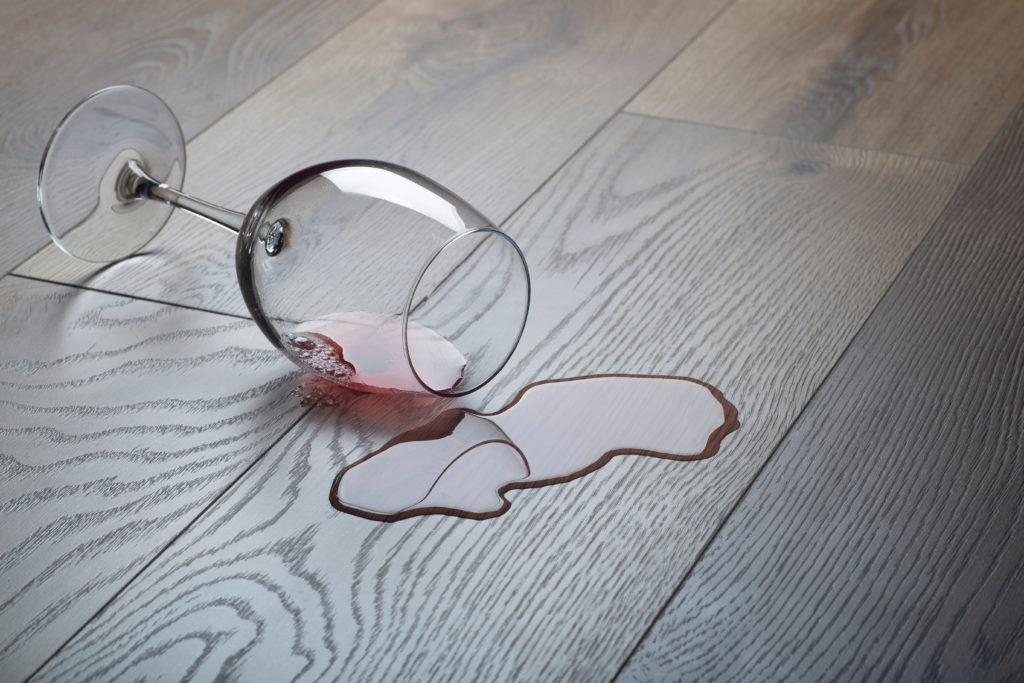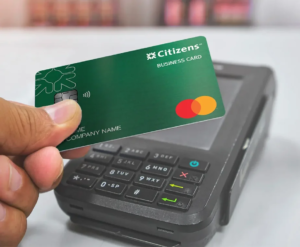
Waterproof vinyl flooring has emerged as a popular choice for both homeowners and commercial spaces due to its durability, water resistance, and stylish appearance. This guide will walk you through everything you need to know about waterproof vinyl flooring, from its benefits to installation tips, and how it compares with other flooring options.
What is Waterproof Vinyl Flooring?
Waterproof vinyl flooring is a type of flooring made from synthetic materials designed to withstand moisture. Unlike traditional vinyl flooring, it is specifically engineered to be impervious to water, making it an ideal option for areas that are prone to spills, humidity, or standing water.
Composition of Waterproof Vinyl Flooring
Waterproof vinyl flooring typically consists of multiple layers:
- Wear Layer: The topmost layer that protects the floor from scratches, stains, and daily wear and tear.
- Decorative Layer: This is the layer that mimics natural materials like wood or stone, giving the floor its aesthetic appeal.
- Core Layer: The waterproof core is the essential part of the flooring, ensuring that water does not seep through. This core is usually made from materials like WPC (wood-plastic composite) or SPC (stone-plastic composite).
- Backing Layer: The base layer provides stability and additional cushioning.
Types of Waterproof Vinyl Flooring
There are several types of waterproof vinyl flooring, each with its own unique features and benefits.
Luxury Vinyl Plank (LVP)
Luxury Vinyl Plank is designed to mimic the look of hardwood floors. It comes in plank form and offers a natural wood appearance without the risk of water damage. LVP is popular in living rooms, kitchens, and bedrooms.
Luxury Vinyl Tile (LVT)
Luxury Vinyl Tile is similar to LVP but mimics the look of natural stone or ceramic tiles. LVT is an excellent choice for bathrooms and kitchens where the look of stone is desired without the cold, hard surface.
WPC Vinyl Flooring
WPC (Wood-Plastic Composite) vinyl flooring has a core made from a blend of wood fibers and plastic, making it lightweight yet durable. It’s softer underfoot, providing a more comfortable feel while still being 100% waterproof.
SPC Vinyl Flooring
SPC (Stone-Plastic Composite) vinyl flooring features a core made from stone and plastic, making it incredibly durable and dense. SPC flooring is ideal for high-traffic areas, commercial spaces, and households with pets and children.
Benefits of Waterproof Vinyl Flooring
Waterproof vinyl flooring has numerous advantages over other types of flooring materials. Here are some of the most compelling benefits.
Water Resistance
As the name suggests, waterproof vinyl flooring is impervious to water. It can handle spills, moisture, and even flooding without warping, buckling, or losing its integrity. This makes it perfect for areas like kitchens, bathrooms, and basements.
Durability
Waterproof vinyl flooring is built to withstand heavy foot traffic, making it a durable option for both residential and commercial spaces. With a strong wear layer, it resists scratches, dents, and stains, keeping it looking new for longer.
Easy to Maintain
One of the biggest advantages of waterproof vinyl flooring is how easy it is to maintain. Regular sweeping and occasional mopping are all that’s needed to keep the floors clean. There’s no need for special cleaners or treatments, and the waterproof nature prevents mold and mildew growth.
Comfort Underfoot
Unlike tile or hardwood, vinyl flooring is softer and more flexible, providing a more comfortable surface to walk on. Some vinyl floors come with a padded underlayer, making it even more comfortable and reducing noise.
Affordable
Waterproof vinyl flooring is often more affordable than hardwood or tile, making it an attractive option for homeowners on a budget. It provides the look of high-end materials without the high price tag.
Versatile Designs
Waterproof vinyl flooring comes in a wide range of designs, colors, and textures. Whether you want the look of hardwood, stone, or tile, you’ll be able to find a vinyl option that fits your style and design preferences.
Easy Installation
Waterproof vinyl flooring is relatively easy to install, especially if it comes in click-and-lock planks. This makes it a great choice for DIY projects or for reducing installation costs if you hire a professional.
How to Choose the Right Waterproof Vinyl Flooring
When selecting waterproof vinyl flooring, several factors should be considered to ensure you’re choosing the best option for your needs.
Thickness
The thickness of the vinyl flooring is an important factor to consider. Thicker vinyl is typically more durable and comfortable underfoot. It’s also better at masking imperfections in the subfloor.
Wear Layer
The wear layer protects the floor from damage, so the thicker the wear layer, the more resistant the floor will be to scratches, dents, and stains. For high-traffic areas, opt for a thicker wear layer (at least 12 mils or more).
Style and Design
Consider the overall look you want to achieve. Do you want the look of natural wood, stone, or tile? Waterproof vinyl flooring offers a wide range of styles, so choose one that complements your home’s design.
Installation Method
Some waterproof vinyl flooring comes in a click-and-lock design, which makes installation a breeze for DIY projects. Others may require adhesive. Make sure to choose an installation method that fits your skill level or hire a professional.
Budget
Vinyl flooring is typically more affordable than other flooring options, but prices can vary depending on the type, brand, and quality. Set a budget before shopping and look for options that offer the best value for your money.
Installation Process of Waterproof Vinyl Flooring
Installing waterproof vinyl flooring can be done by a professional or as a DIY project. Here’s a step-by-step guide to help you understand the process:
Prepare the Subfloor
Ensure that the subfloor is clean, dry, and free of any debris. Remove any old flooring and fill in any cracks or gaps. A smooth subfloor will ensure that the vinyl flooring installs evenly.
Measure the Room
Measure the dimensions of the room to calculate how much vinyl flooring you’ll need. Always purchase 10-15% more than needed to account for waste during cuts.
Lay the Underlayment (if needed)
Some waterproof vinyl flooring comes with a built-in underlayment. If your flooring doesn’t have one, or if you want extra cushioning, lay an underlayment first.
Start Installing
Begin at one corner of the room and lay the first plank or tile, making sure it’s straight. Click-and-lock flooring simply snaps together, while other types may require adhesive. Continue laying the planks, leaving a small gap (about ¼ inch) around the edges of the room for expansion.
Trim Excess Flooring
Once the entire floor is covered, use a utility knife to trim any excess flooring along the edges. Install baseboards to cover the expansion gap.
Clean the Floor
After installation, clean the floor with a damp mop to remove any dust or debris.
FAQs
Q: Is waterproof vinyl flooring really waterproof?
Yes, waterproof vinyl flooring is designed to be completely resistant to water. The core material prevents water from penetrating, making it an excellent choice for bathrooms, kitchens, and basements.
Q: How do I clean waterproof vinyl flooring?
Regular sweeping and occasional damp mopping with a mild cleaner are sufficient to keep waterproof vinyl flooring clean. Avoid using abrasive cleaners or tools that could scratch the surface.
Q: Can I install waterproof vinyl flooring in my basement?
Absolutely! Waterproof vinyl flooring is an excellent choice for basements due to its ability to resist moisture and humidity, making it a durable flooring option for below-grade spaces.
Q: How long does waterproof vinyl flooring last?
With proper care and maintenance, waterproof vinyl flooring can last anywhere from 10 to 25 years, depending on the quality of the product and the level of foot traffic it endures.
Q: Is waterproof vinyl flooring eco-friendly?
Many manufacturers are now producing eco-friendly options that are free from harmful chemicals. Look for products with certifications like FloorScore or GreenGuard to ensure you’re choosing a sustainable option.
Conclusion
Waterproof vinyl flooring is an exceptional choice for anyone looking for a durable, stylish, and easy-to-maintain flooring solution. With its numerous benefits, versatility in design, and ability to withstand moisture, it stands out as a practical option for any room in your home or business. Whether you’re renovating your space or starting fresh, waterproof vinyl flooring offers a combination of beauty and functionality that is hard to beat.




